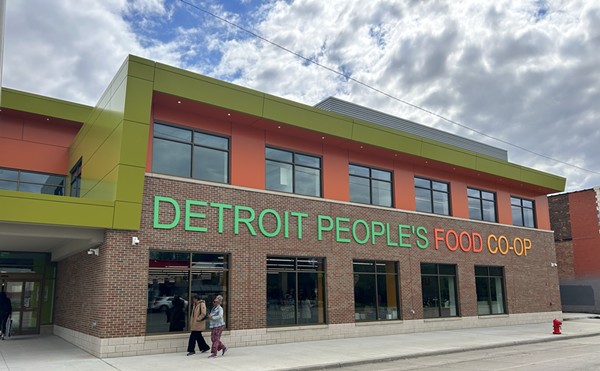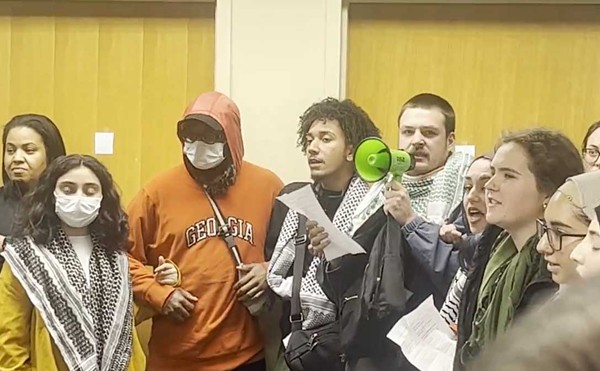To celebrate the recent reissue of Detroit: I Do Mind Dying — A Study in Urban Rebellion (South End Press, 1999), by Dan Georgakas and Marvin Surkin, I appeared on two panels with Dan where we were asked about labor activism of the ’60s and ’70s. In particular, the questioners at these New York events wanted to know about DRUM (Dodge Revolutionary Union Movement) and the League of Revolutionary Black Workers.
Neither Dan nor I went far in our responses without mentioning the pivotal role played by social and political activist Kenny Cockrel, who died of an untimely heart attack 10 years ago this week at age 50.
We discussed personal experiences with Kenny, and Dan read a passage from his book about Kenny’s defense of Alfred Hibbit who had been accused of killing a police officer in the 1969 New Bethel Church shootout. Hibbit’s bail was set at $50,000, setting Kenny into motion: "An infuriated Cockrel stormed from the courtroom and was quoted by the media as calling Judge Maher a ‘racist monkey, honkie dog fool, and a thieving pirate.’"
I was there in Recorders Court, and quite a stir ensued among Kenny’s supporters when the judge cited him for contempt of court. For me, the language was nothing new. I witnessed many moments, beginning on the playgrounds at McMichael Intermediate School, when expressive words got Kenny in and out of trouble in a neighborhood where youth were terrorized by gangs. (If I remember correctly, Kenny was in cahoots with the Shakers, which afforded me an amount of protection as a friend).
Even as a teenager, Kenny was among the smartest kids in the class, but he was also eager to get on with his life, which might have contributed to his dropping out of high school for the Air Force. It would be some 10 years before we were united again. When I got to Wayne State University in 1965, he was all the rage, idolized for his ability to run his mouth, particularly on law, politics and world events.
His facility with the language hadn’t changed, just the content. Soon, I was again spending time with him as he made his first, unsuccessful bid for public office as a state representative. Later, after the upheaval in 1967, we both found opportunities to bolster our careers — I became an activist on Wayne’s campus, and Kenny enhanced his already remarkable legal career in celebrated cases and progressive causes, followed by his successful bid for City Council.
No one understood the machinations of downtown Detroit as well as he did. The land development schemes, the termination of Recorders Court, these were things he foresaw and struggled to retain for the sake of a democratic Detroit.
I am as amazed today as I was then at his ability to cram so much in a single day, in a single lifetime. Yes, Kenny was totally absorbed in politics, but not to the extent he put aside things cultural. He was as conversant about literature, art and music as any of the so-called experts of the day.
It’s been 30 years since DRUM resounded with hope and possibility in our community and a decade since Kenny’s words vibrated for the voiceless in the community.
In my failing memory I can still faintly hear the drumbeat, still hear the resonance of Kenny’s words, and will always miss the promise each brought to my life and the lives of the dispossessed.





